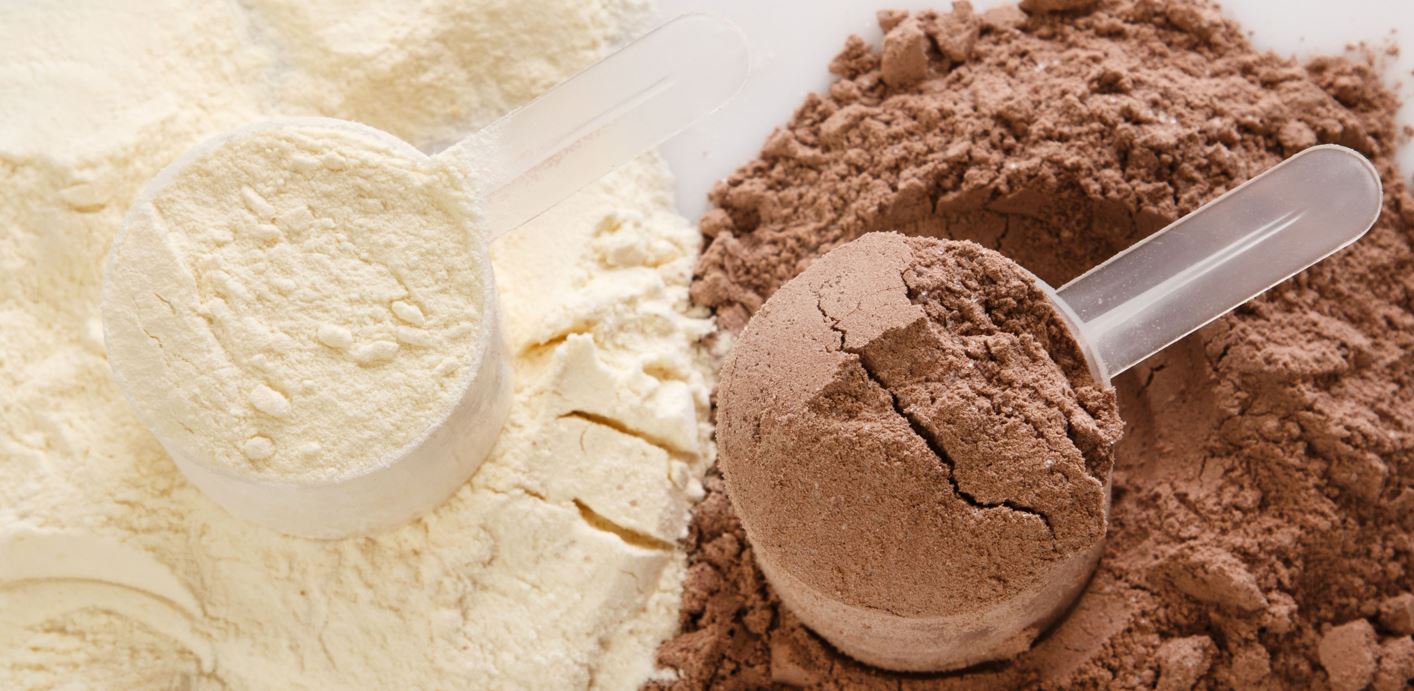The Ultimate Guide to Whey Protein: Separating Facts from Fiction
Whey protein has, without a doubt, become synonymous with fitness, health, and vitality. But with its soaring popularity, the questions surrounding it have multiplied. Let’s embark on a comprehensive journey to uncover the truths and answer som of the pivotal questions about whey protein.
What is Whey Protein Doing?
Whey protein isn’t just another buzzword in the fitness world; it’s a vital component that plays a pivotal role in muscle repair and growth. Think of it as a supercharger for your muscles after a strenuous workout. When you consume whey, its rapid absorption rate ensures that your muscles get the necessary amino acids swiftly. This quick influx of nutrients aids in the repair and rebuilding of muscle fibers, ensuring you recover faster and stronger.
Whey Protein and Muscle Mass Development
When it comes to muscle growth, protein stands at the forefront. Specifically, the amino acids found in protein are the building blocks of muscle tissue. Among protein sources, whey protein has consistently emerged as a frontrunner. But why?
Whey protein, especially when derived from quality sources like our 100% Whey, is rich in essential amino acids. These amino acids, particularly leucine, play a pivotal role in triggering muscle protein synthesis. Therefore, by consuming whey protein post-workout, you provide your muscles with the necessary nutrients to repair and grow. Moreover, whey is rapidly absorbed, ensuring a swift delivery of amino acids to the muscles when they need it the most.
Incorporating such a vital protein into your regimen isn’t just about recovery. Consistent consumption, paired with a structured training program, can lead to significant muscle mass development over time. Remember, while protein provides the foundation, a balanced diet, adequate rest, and consistent training are all integral components of the muscle-building equation.
Whey vs. Casein: Delving Deeper into the Milk Proteins
Milk, a marvel of nature, contains two primary proteins: whey and casein. But their roles and effects differ vastly. Imagine whey as the sprinter and casein as the marathon runner. Whey is quickly digested, flooding your bloodstream with amino acids, making it ideal for that post-workout recovery phase. On the other hand, casein takes its time, providing a slow and steady release of amino acids, making it perfect for prolonged periods without food, like during sleep.
Is Whey Protein Good for the Body?
A resounding yes! Beyond its renowned muscle-building prowess, whey protein offers a plethora of benefits. From aiding in weight management by curbing appetite to boosting the immune system with its rich amino acid profile, it’s a versatile ally in your health journey. However, always ensure you’re choosing a high-quality product to reap these rewards.
The Muscle-Building Conundrum: Which Protein Reigns Supreme?
While various proteins can aid in muscle building, whey often takes the crown due to its rapid digestion and absorption. Its rich leucine content, an essential amino acid, acts as a catalyst in initiating muscle protein synthesis, the process vital for muscle repair and growth. Lots of information on protein foods and diets for optimal results you can also find here.
The Daily Dose: Can You Overdo It?
In the realm of nutrition, balance is paramount. While whey protein is safe for daily consumption for most individuals, it’s crucial to align its intake with your overall protein needs and activity levels. Remember, moderation and consistency often yield the best results.
The Quest for Quality: What Defines Good Whey Protein?
In a market flooded with options, how do you discern the best? The answer lies in the details:
Origin Matters: Whey sourced from pristine locations like Norway adheres to rigorous quality standards.
Grass-fed Goodness: Cows naturally graze on grass, and whey derived from such sources ensures a cleaner, more nutrient-rich profile like Norwegian 100% Whey protein.
Purity through Filtration: Products that undergo micro or ultra-filtration retain more of whey’s natural goodness, ensuring you get the best bang for your buck.
Unraveling the Essence of Whey Protein
Beyond its muscle-building prowess, whey protein is a testament to nature’s brilliance. It’s a complete protein, meaning it contains all essential amino acids vital for various bodily functions. Whether you’re an athlete or someone looking to bolster their protein intake, whey stands tall as a reliable ally.
Assessing Efficacy: How Do You Measure Whey Protein’s Impact?
The proof, as they say, is in the pudding. Or in this case, the progress you witness. When coupled with consistent training and a balanced diet, whey protein can amplify your results. Look for signs like improved muscle tone, enhanced recovery, and increased strength to gauge its effectiveness.
A Deeper Dive: Real Food vs. Protein Powder
Whole foods offer a spectrum of nutrients, from vitamins to minerals. However, protein powder provides unparalleled convenience, especially in today’s fast-paced world. While whole foods should always be the foundation of your diet, protein powder can serve as a valuable supplement, ensuring you meet your daily protein goals, especially on busy days.
The Bigger Picture: Sustainability and Ethical Considerations
In an age where conscious consumerism is on the rise, understanding the origins of your products becomes essential. Opting for Norwegian whey protein sourced from grass-fed cows not only ensures a superior product but also aligns with sustainable and ethical practices, benefiting both you and the planet.






